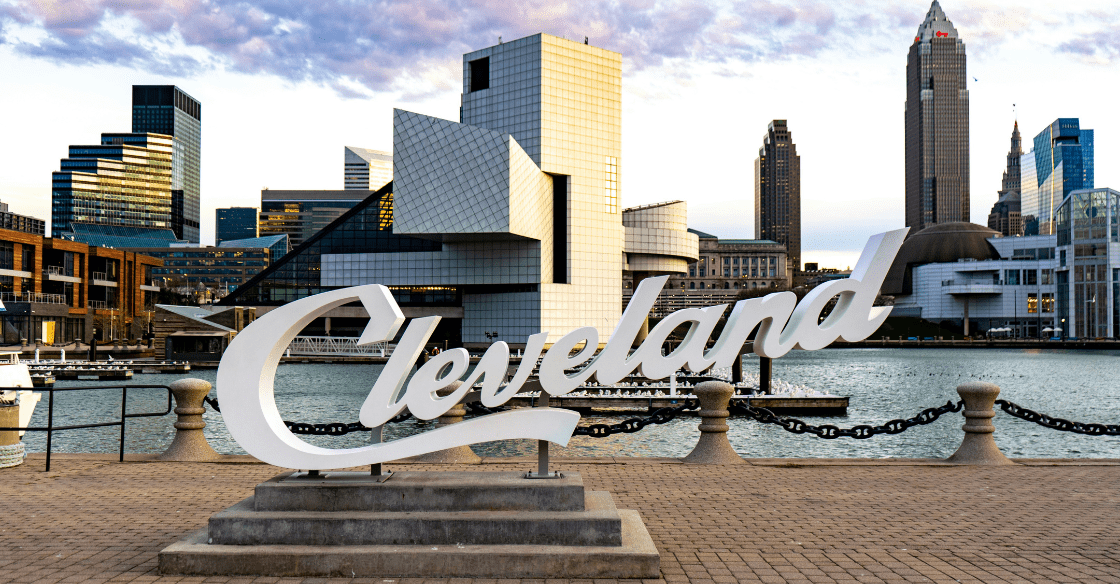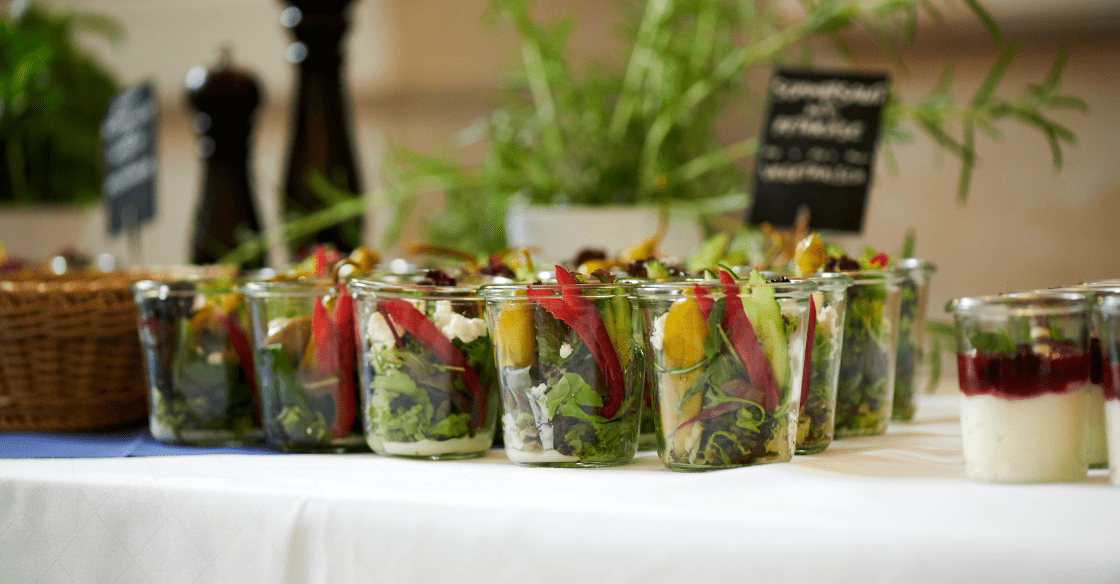We’ve come a long way in the past few years with a reboot of live events. Meeting planners are hopeful for more meetings in 2024, with smaller groups of 200 or fewer attendees being the current trend. A new survey by Knowland and ConferenceDirect found that 42% of meeting planners expect increased event volume in 2024.
Budget concerns temper this optimistic outlook. Clients are looking for unique live event experiences, but will their budgets be able to sustain these expectations?
Nearly half of meeting planners expressed dissatisfaction with the cost of a meeting. They expect a 50% rise in A/V and food and beverage costs in 2024! This means they need to find new ways to create the total experience the client is seeking.
Here are some event trends to know to close more RFPs and shift more revenue-generating groups to your property.

1. Meeting Planners are Considering Secondary Markets to Maintain the Chain Scale
Due to rising costs, meeting planners would rather move to a second—or third-tier market than reduce the chain scale for their group. These markets have great venues that will also allow them to offer engaging experiences within the budget.
Airlift to your destination could be a concern if you’re in a second—or third-tier market. If you have easy access to the airport, talk about that in your proposal and which airlines have direct flights in and out.
Use data to see which tier-one market groups could be good candidates for your area. Evaluate the group sizes, meeting space requirements, and rooms needed. Then, create a plan to propose your property on the same chain scale to these organizations and their meeting planners. Give them options for getting more for their money!
2. Unique Experiences Are Key, Even with Smaller Budgets
This was an event industry trend we saw last year, too. People love to experience new things. Even if you can’t reduce your rates, selling the experience of your venue can attract event organizers.
What can you offer your group that other properties cannot? Especially with smaller groups, options may open up that you couldn’t offer during larger events.
Second—and third-tier markets can be a lot of fun. Louisville has access to the Bourbon Trail, which offers unique foods and, of course, tastings. Cleveland has the Rock and Roll Hall of Fame.
Just about every city has something it can call its own. In your RFP, discuss your ideas for enjoying the local history, nightlife, food, beverages, and culture.

3. Technology is Changing How Attendees Participate in Events
Virtual and hybrid events are the “norm” now, as is the event technology needed to do a great job for attendees. This event trend will continue in hybrid and in-person events this year.
More recently, however, the buzz has been about AI and how it will change the world – including events. AI can work behind the scenes or in ways that participants will see, such as:
- Virtual assistants can show attendees around, help them find their schedule, and make their event experience better.
- AI-generated personalized experiences are now possible. Data about attendees’ interests can be used to recommend sessions and speakers they might prefer.
Augmented reality is another way to enhance attendee experiences and event content. This technology uses a digital device to overlay visual, audio, and other sensory information on top of the attendee’s typical experience. It makes the event more interactive, and it’s touch-free, which is preferred by many today.
4. Sustainable Events Will Continue to Grow in Popularity
Across the globe, we’ve seen industries committing to more sustainable business practices, such as offering eco-friendly events. This could be working with plastic-free vendors, offering greener food & beverage options, and choosing an eco-friendly venue.
In 2022, the Global Association of Exhibition Industry stated, “Working jointly as an industry, we have formulated an industry-wide pledge to deliver “net-zero carbon events” by 2050 at the latest. We are working with the UN on this action and presented this pledge and the work ahead of COP26 in Glasgow.”
Sustainable solutions apply to large events as well as small local meetings and events. Guests and meeting planners want to know they are meeting responsibly. The 2024 Meeting Planner Survey found that sustainability is important. However, it is not as important as staying on budget and providing fun experiences. About half of the respondents have sustainability requirements as part of their RFPs.

5. Attendee Well-Being Is More Important Than Ever
Event attendees prioritize health and wellness, even while traveling for a conference or corporate event. They don’t want to spend several days indoors, drinking and eating heavy foods they’re not used to. Healthy food alternatives make many guests happier and feel better. There are also more requests for low or non-alcoholic drinks (think mocktails).
When selling to meeting planners, ensure you communicate how attendees can enjoy the outdoors at your venue. Event organizers will likely include exercises, such as sunrise yoga or a guided walk, on their agendas. Of course, the time of year may play a part in this, but fresh air is essential even in the winter.
Create Outstanding Proposals for Meeting Planners
Strong meeting planner relationships are key for hotels advertising their event space to organizations. Knowland’s 2024 Meeting Planner Survey found that 80% of venue sourcing will be outsourced, so tapping into event trends may catch more attention.
Do you need to find meeting planner contact information for an organization you would like to target? Ask us about our event data, company contact data, and booking behavior insights for groups in your target markets. Consider which groups might be good targets for moving to your meeting space. You can also use these valuable insights to create RFP responses that are more likely to hit the mark.


